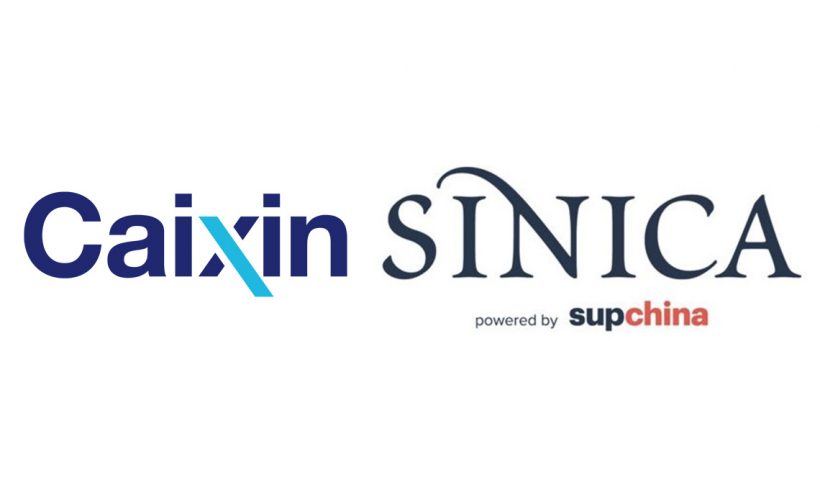Welcome to the 95th installment of the Caixin-Sinica Business Brief, a weekly podcast that brings you the most important business stories of the week from China’s top source for business and financial news. Produced by Kaiser Kuo of our Sinica Podcast, it features a business news roundup, plus conversations with Caixin reporters and editors.
This week:
- We discuss how Hong Kong protesters brought the city’s airport to a standstill.
- We analyze how the deepening tariff war between China and the U.S. knocked China down to third place in the U.S.’ trade table in the January-June 2019 period.
- We note that the price of solar power has become lower than grid-supplied electricity in hundreds of cities across China, marking an important inflection point in the country’s deployment of renewable energy.
- We report that a former senior legislator in northern China’s Inner Mongolia may have set a record for the country’s officialdom, though not a laudable one.
- We find out that Hong Kong’s government slashed its 2019 growth forecast and announced a $2.4 billion package of measures to support the economy as the city faces threats from the impact of a global slowdown, the U.S.-China trade war and mass protests.
- We chat about a new study which found out that the Chinese public generally worries less about the climate crisis than other countries do.
- We hear that Hu Kun 胡昆, a senior Communist Party official at the Shanghai Futures Exchange, died over the weekend from unknown causes.
- We note that leading Chinese ride-hailing service Didi Chuxing is lowering its minimum passenger age from 18 to 16, allowing minors to ride without their parents’ supervision.
In addition, we talk with Doug Young, managing editor of Caixin Global, about a recent setback in Chinese sci-fi ambitions at the box office.








